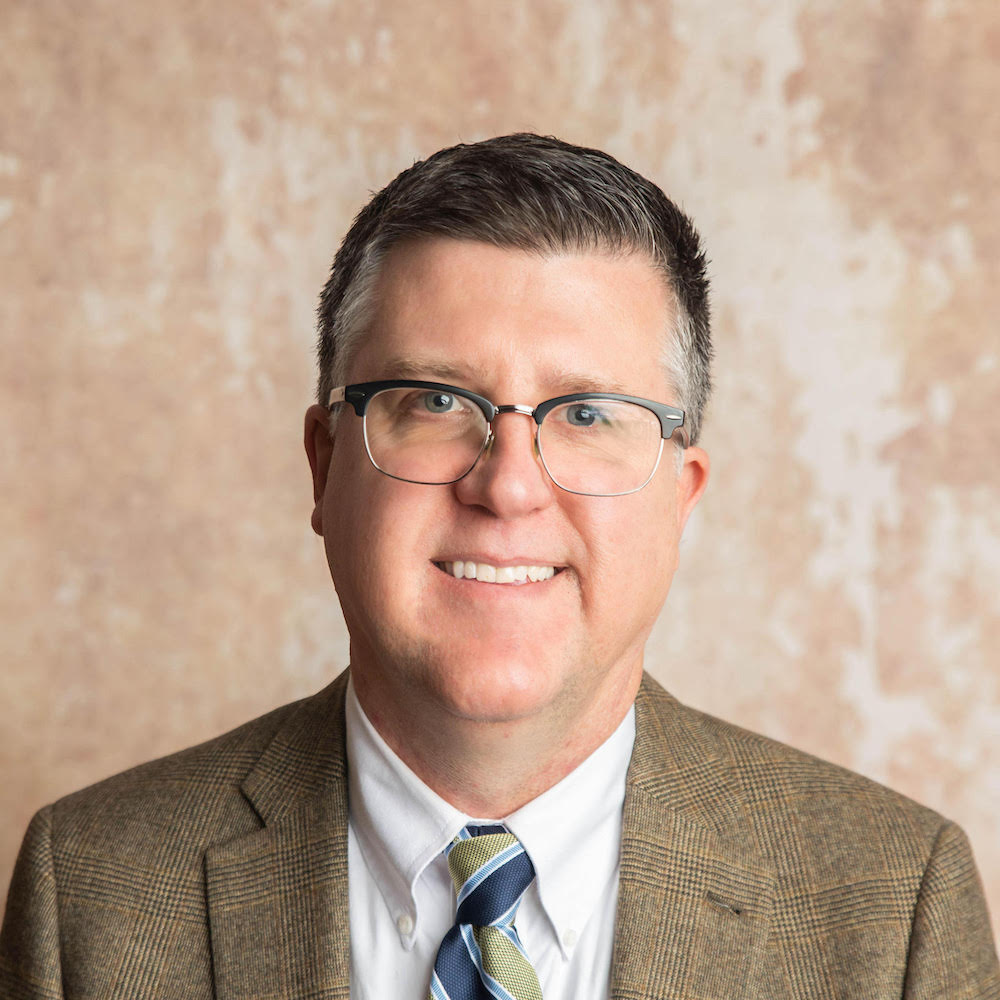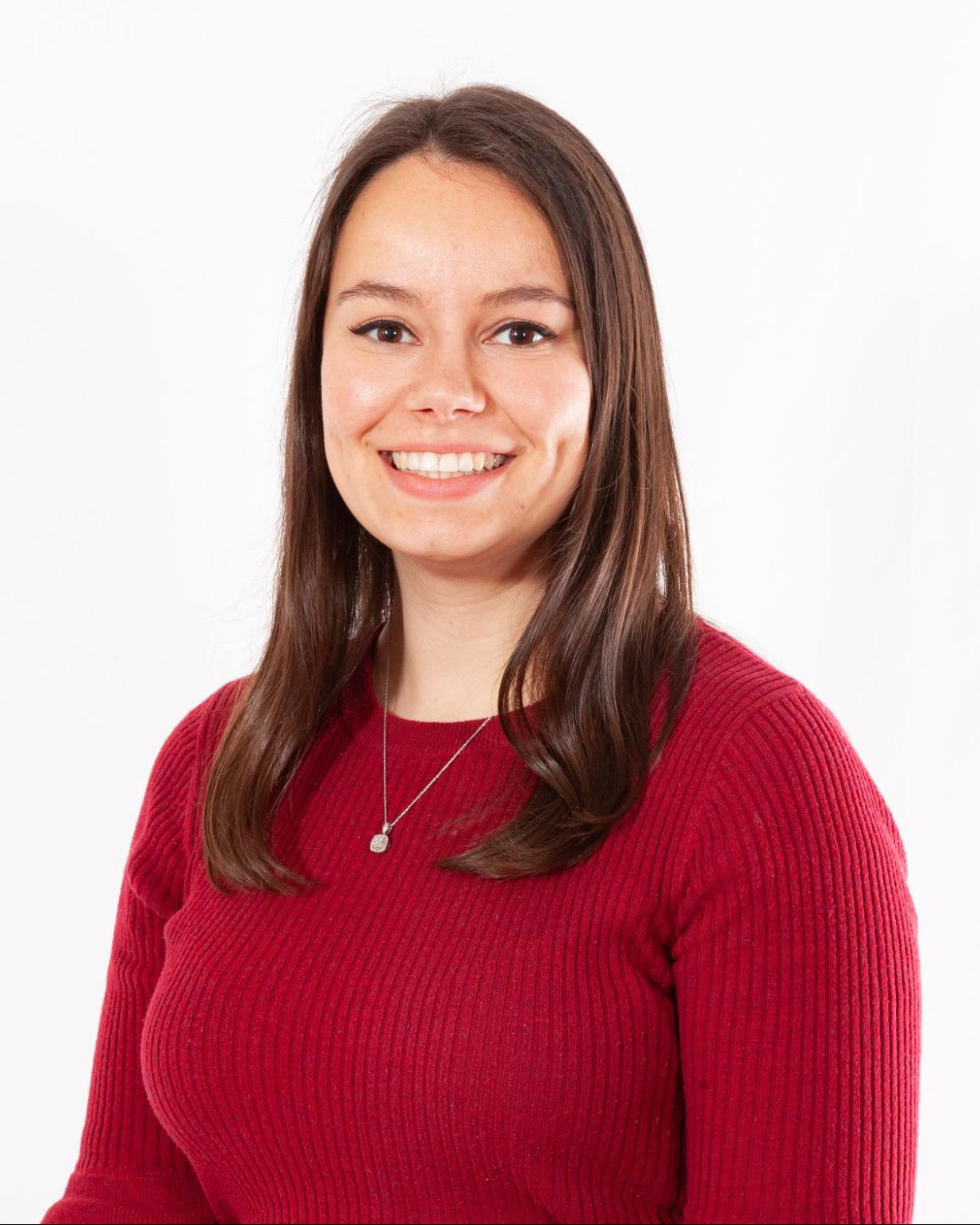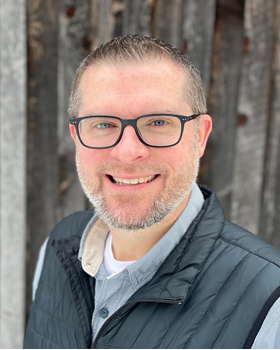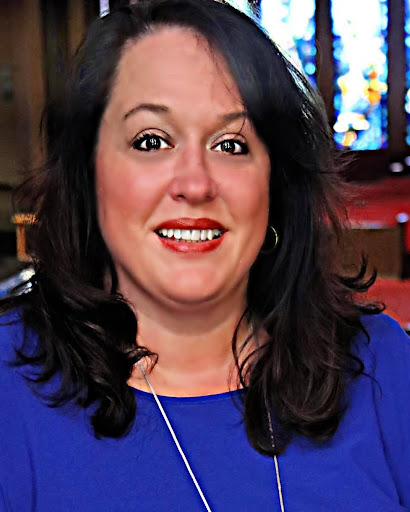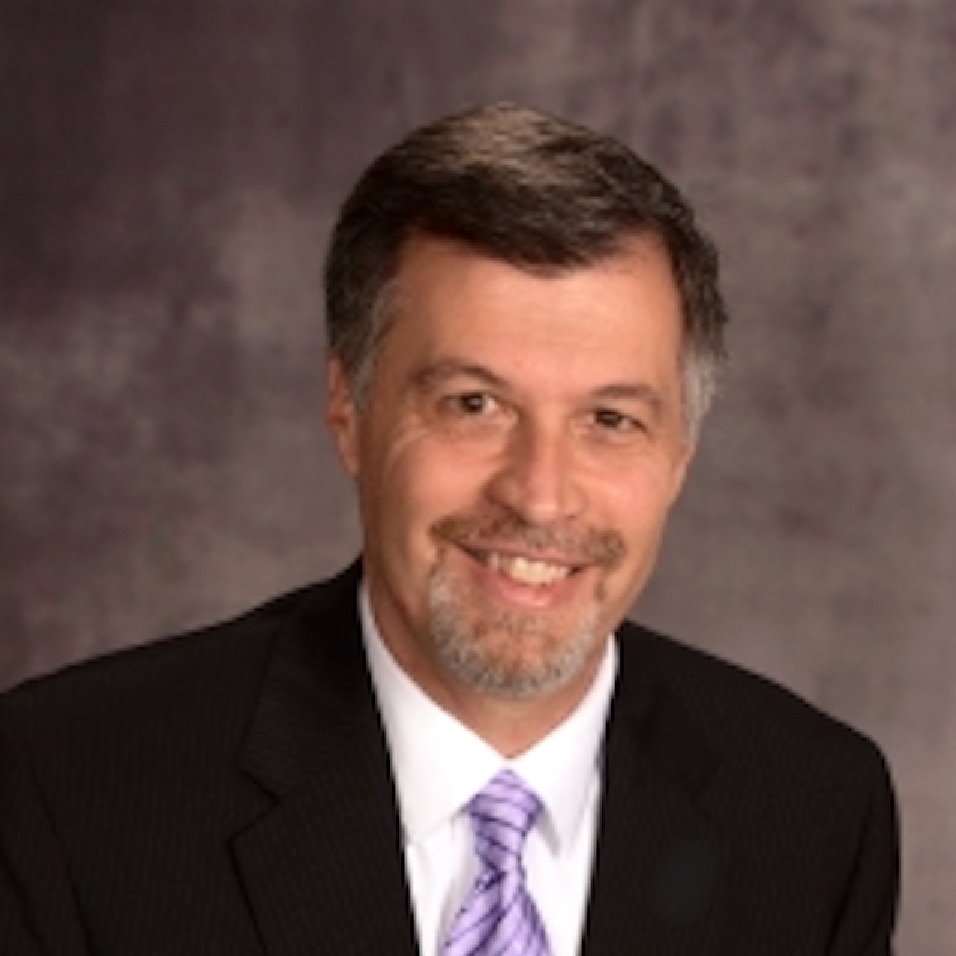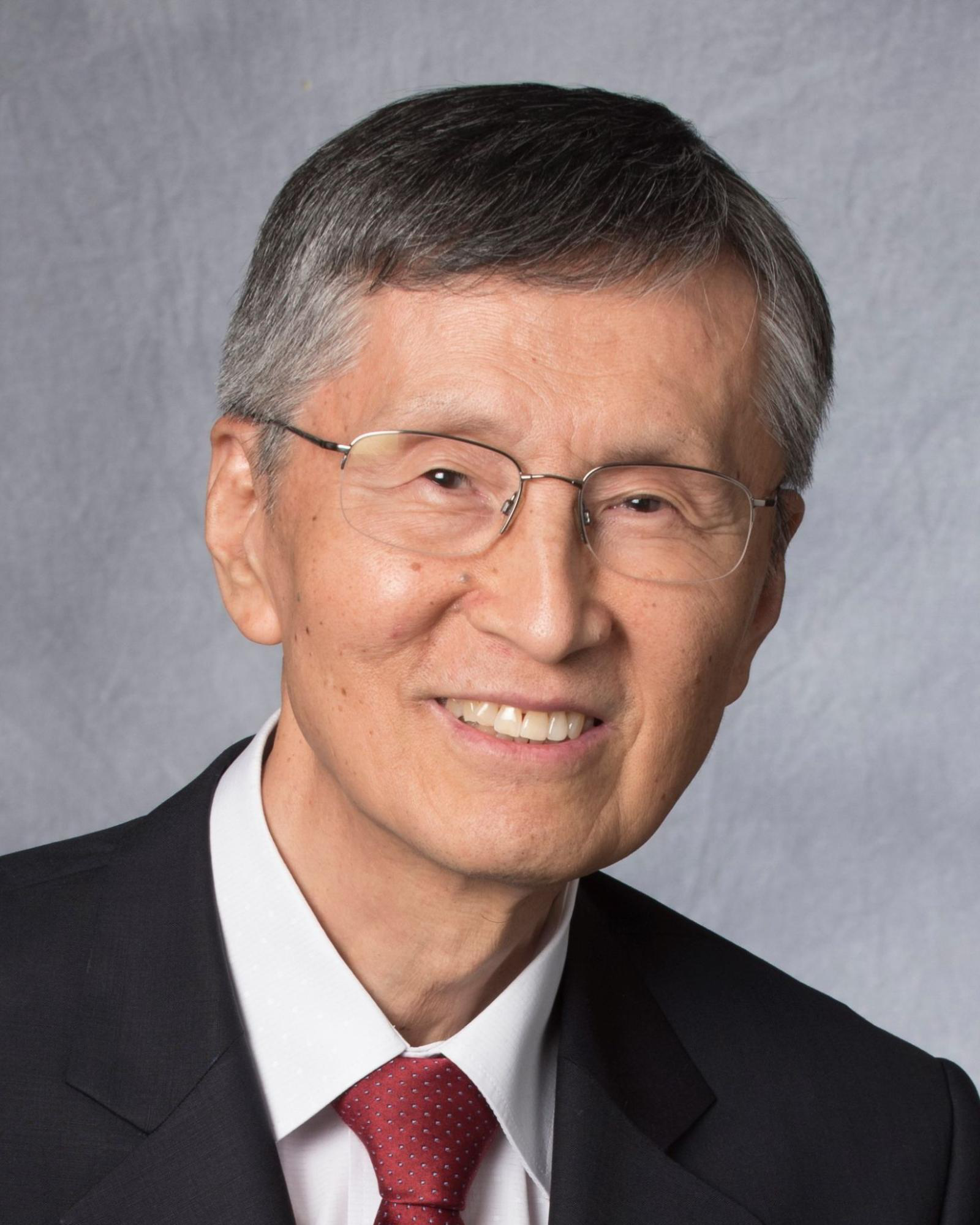FAQs
Read through our frequently asked questions to find answers. Don’t see what you are looking for? Let us know what questions you have…contact us.
Frequently Asked Questions
That the one God – the Father, the Son, and the Holy Spirit – has created all things; that Jesus Christ, through the power of his cross and Resurrection, is the Lord and Savior of all the world; and that the Holy Spirit empowers the people of his church to worship and praise God and to proclaim the Gospel throughout the world in word and deed. This includes unity around the authority of Scripture, the classical confessions of the Christian faith as articulated in the Apostles’ and Nicene Creeds, and in the historic Christian ethical standards that derive from them.
Learn more.
The Global Methodist Church is clear and unambiguous in its doctrine and unity around the authority of Scripture, the classical confessions of the Christian faith as articulated in the Apostles’ and Nicene Creeds, and in the historic Christian ethical standards that derive from them. Clergy and laity at every level will be expected to warmly embrace these hallmarks of the faith. For the sake of its mission and the unity of the church, it is crucial that its leaders will be responsible for holding one another, its clergy, and its laity accountable to them.
The Transitional Book of Doctrines and Discipline (Part 8) provides extensive means of accountability at all levels. This includes very specific accountability mechanisms for holding Bishops accountable to not only one another, but more specifically to the laity.
Many churches departing the UMC are rooted in a long and rich history of connection with other churches, both in their community and the world. John Wesley embraced this connection with an effective infrastructure to support the ministry of the local church. These Wesleyan ideals are as important today to the local church as in the past — many of which are unattainable by an independent church.
The Global Methodist Church was created to provide these critical Wesleyan, scriptural faith traditions while correcting the missteps of the past. The GMC provides a leaner and simpler general church with an emphasis on the ministry of the local church rather than general agencies and bureaucracy. This includes no trust clause and much greater autonomy and freedom for the local church. It means a less expensive organization with a simpler and fairer appointment and ordination system.
Most critically, the GMC holds fast to an orthodox theology that stands on scriptural authority. This means that the GMC will have a strong, orthodox doctrine that reestablishes the tradition of the early church fathers and the global, catholic church that is founded wholly in scripture. By joining the GMC now, your church will have an important voice in shaping and preserving these traditions in the formation of the Global Methodist Church.
To join the Global Methodist Church, the following motion must be adopted by a simple majority at a congregational meeting:
“I move that _____________ Church become a member congregation of the Global Methodist Church, that it affirms and endorses the doctrinal standards (Part One), Social Witness (Part Two), and church governance of the Global Methodist Church as set forth in its Transitional Book of Doctrines and Discipline, and agrees to be accountable to such standards, witness, and governance. Our leadership and trustees are authorized to take all actions necessary to implement this motion.”
A person authorized by the church must then complete and submit a digital church application. As part of completing the digital church application, you must upload the minutes of the meeting at which the motion above was adopted. Church applications can only be submitted using the digital church application. If you have questions about the church application process, please email [email protected].
According to the Global Methodist Church’s Transitional Book of Doctrines and Discipline local churches own all their property and assets. Since it is widely assumed that the local churches, and annual conferences and central conferences that are strongly inclined to join the Global Methodist Church do not want to be part of a denomination with a “trust clause” (i.e., where local church property is held in trust for a general church), it is almost certain the Global Methodist Church will never adopt one. Therefore, local churches in the Global Methodist Church will own all their property and assets in perpetuity.
Connectional funding represents the way congregations of the Global Methodist Church band together to provide resources for the work and ministry of the denomination and the annual conferences to which they belong. Connectional funding is established as a percentage of a local church’s operating income. Rather than the denomination and the annual conference establishing a budget and then apportioning a share of that budget to all local churches, the amount paid in connectional funding is determined by the local church. What the local church gives in connectional funding will then determine the budget of both the denomination and the various annual conferences. The Northeast Provisional Annual Conference is inviting churches to give 3% of operating income to the ministry of the Northeast PAC and 1% to the denomination-level ministries of the GMC.
The appointment process as per the Transitional Book of Doctrines and Discipline (see paragraph 510) will be a consultative process between the church and the Bishop:
The committee must be given the opportunity to give input on the suitability of a proposed appointment and to raise any concerns they might have. When a committee raises substantive and missional concerns about the suitability of an appointment, such concerns must be addressed by the bishop and cabinet in considering whether to make the appointment. The bishop and cabinet must provide a rationale for their decision to the committee if they make the appointment. Consultation is both a continuing process and a more intense involvement during the period of change in appointment.
While final authority rests with the Bishop, consultation is required and any concerns brought by the local church must be addressed before assignment. The intent of the process is to have greater involvement and consultation with the church in the decision-making process than in the UMC process. This process will also be freed from a yearly appointment with no guaranteed appointments for clergy.
To apply to be a clergy member of the Global Methodist Church, the clergyperson must complete and submit a digital clergy application. As part of completing the digital clergy application, you will upload certain documents such as a copy of ordination certificates or licenses evidencing your current ministerial credentials, diplomas from educational institutions, and transcripts of courses completed. During completion of the digital clergy application, you will initiate a background check as part of completing the digital clergy application. Clergy applications can only be submitted using the digital clergy application. If you have questions about the clergy application process, please email [email protected].
As of July 1, 2022, the Global Methodist Church offers the Covenant Clergy Personal Investment Plan (Covenant PIP), a 403(b) defined contribution plan sponsored by the Global Methodist Church. A brochure accessible here provides information on clergy participation in Covenant PIP.
Eligible clergy will enroll for Covenant PIP by completing the spreadsheet/enrollment form according to these instructions.
Local churches may also participate in Covenant PIP for their lay employees. Churches would have a menu of three options from which to choose: 1) allow employees to make discretionary contributions from their pay; 2) the church matching the lay employee’s contribution, up to 5% of the lay employee’s compensation; or 3) contributing 5% of the lay employees’ compensation plus a match of the employee’s contribution up to an additional 5%. The process for enrolling lay employees is under development.
The Global Methodist Church offers eligible lay and clergy participants long-term disability and life insurance benefits administered through Unum. A brochure accessible here provides additional information.
Is Your Church Ready to Join?
Churches and clergy members wishing to join the Global Methodist Church must submit an application online. Click the button below to get started.
God is good. God is faithful.
Let us hold unswervingly to the hope we profess, for He who promised is faithful.
Hebrews 10:23

